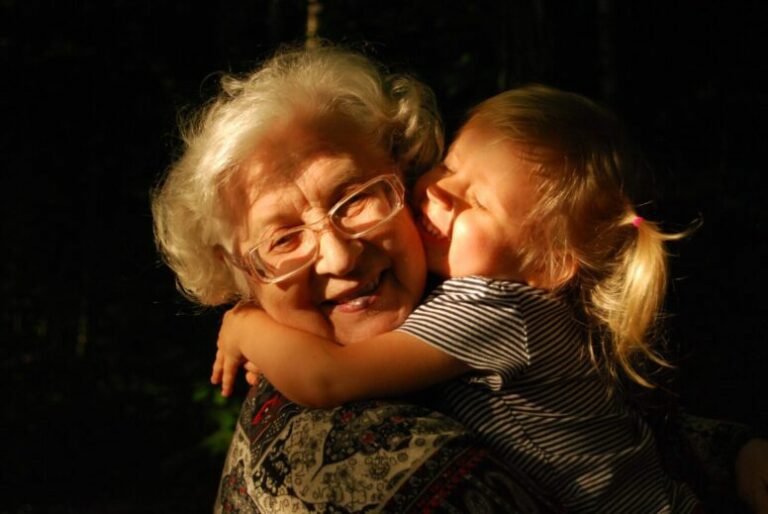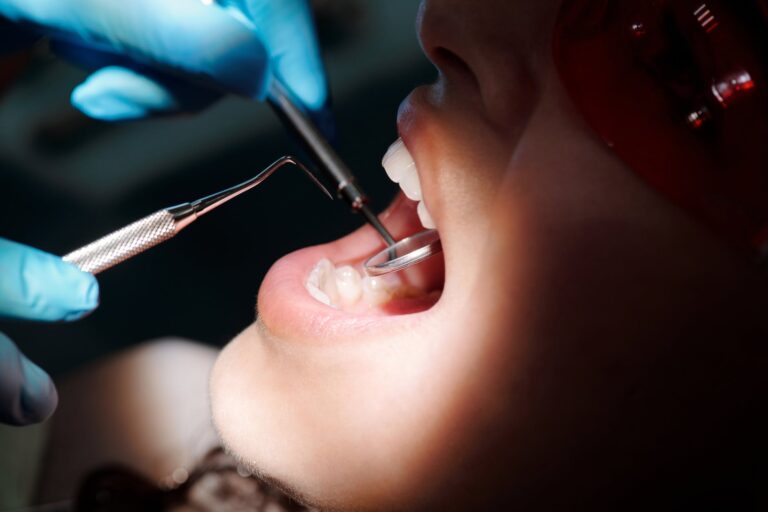The stigma around mental illness in the present culture, coupled with isolation brought on by recent world events, has left many folks feeling rather hopeless. Change is tough for folks who are truly resilient, and the uncertainty in the world right now actually has many people feeling quite fragile.
Loss of Hope
The crushing pressure of depression generally doesn’t come on all at once. You may have a down day or feel trapped and alone. Because recent world events have many feeling quite fearful of getting out in the world, one may not realize just how hopeless they feel.
The pressure of anxiety can also contribute to a sense of hopelessness. Depression is a brutal illness, often because it doesn’t show up on the outside. If you break your arm or need stitches on your leg, you can get visible help to support you in your time of illness or injury. If you are feeling trapped in darkness, you may not feel that there is a way out.
Lack of Flexibility
Part of making progress in life is to be able to manage challenges. With hope and energy, you can get past your challenges by:
- Working around things that can’t be changed
- Powering through the tough times
- Figuring out how to avoid them next time
All of these mental processes require flexibility. Unfortunately, one of the big challenges for those facing mental health challenges is a lack of mental flexibility.
Taking mental problem-solving skills and applying them to this strange new situation takes a great deal of flexibility. If you can’t access that flexibility or don’t have the confidence to stretch your skills, you may see nothing but a series of brick walls as you try to move forward with your life.

Anxious Thinking: Physical and Mental Damage
These brick walls and blockages can create a whirling set of anxious thoughts. These anxious thoughts may destroy your ability to sleep and limit your ability to plan for the future. Your future and the future of your family become sources of fear.
As you try to keep a lid on your own anxiety, you may find that your family and friends no longer reach out to you. They don’t know how to help. This will increase your anxiety and can increase your risk of depression.
Risk of Self-Medication
If you are fighting anxious thoughts or feeling the pressure of depression, you may find that your brain shuts down after an alcoholic drink. Too often, that drink may seem like The Answer to your greatest challenge. Once you learn to solve that problem with the wrong answer, you will reach for the bottle again.
Thus begins the chase for an answer to your problem. Because you can build up a tolerance to alcohol and many other drugs, you prime the pump for addictive behaviors. The professionals at addiction experts can help you successfully separate your need for alcohol or a drug from your mental health challenges.
Getting Help
Asking for help is one of the hardest things an adult can do. However, you will be much better off if you can ask for help before a major life event, such as a DUI or an arrest for possession of illegal drugs forces you to seek help.
Because getting help is not encouraged, it is common to participate in activities that increase health risks. For example, you may choose to try to detox cold turkey from whatever drug you’ve been using. Detox is dangerous. Depending on the drugs in your system and your length of time abusing the drug, you may actually put your life on the line during detox on your own.
Seeking help from an addiction counseling center is a critical first step. You can certainly ask for help and a referral while you’re still using your primary care physician. Your privacy and safety are part of their job.
Getting into treatment may require a call to your family, your HR department and your doctor. Reaching out can be incredibly challenging; you may judge yourself much more harshly than others will judge you.










